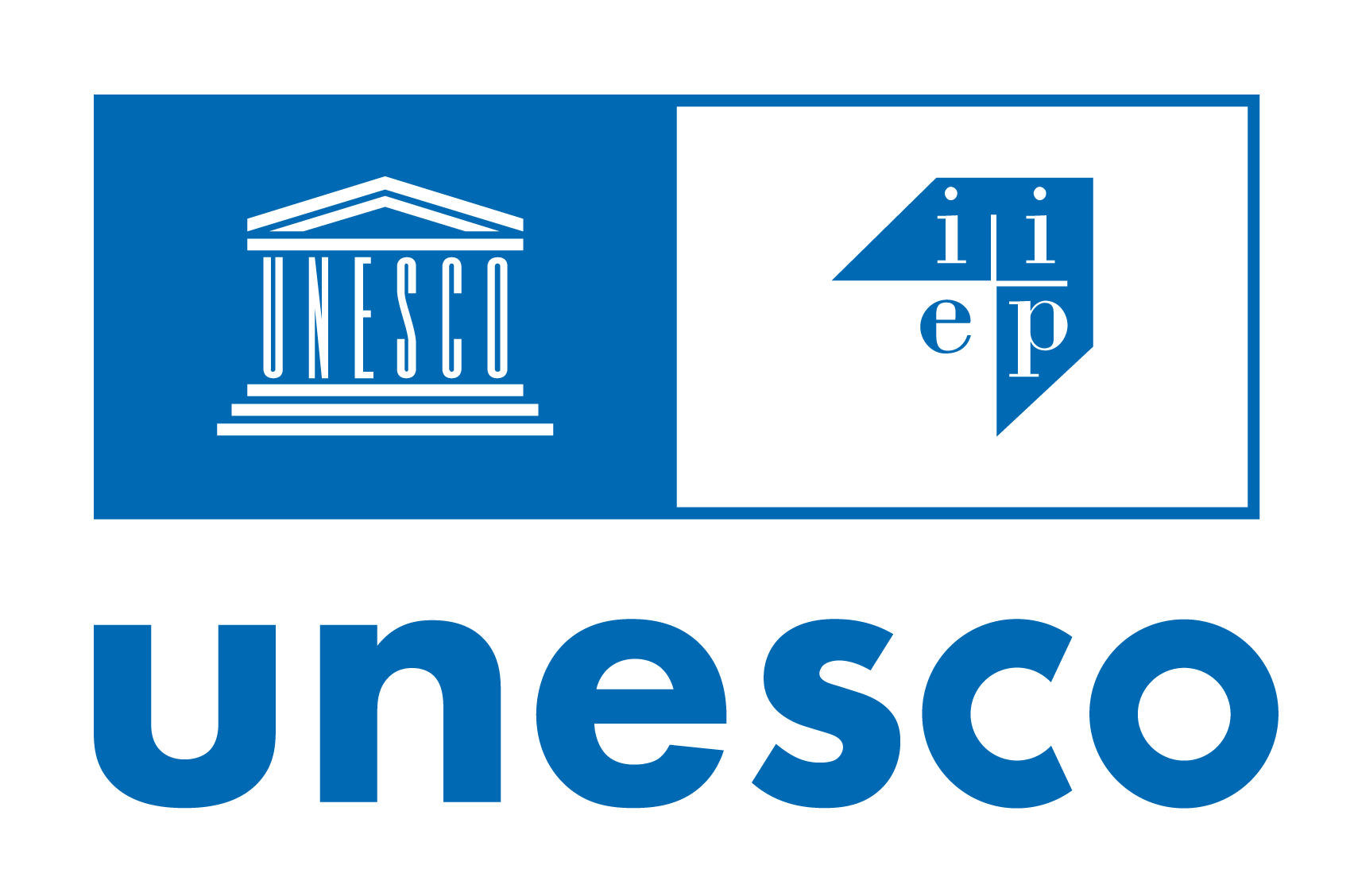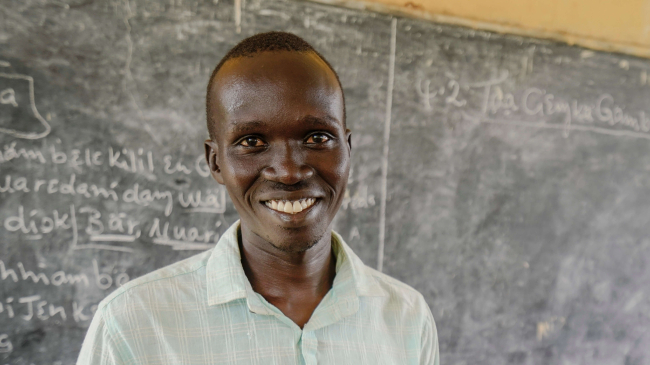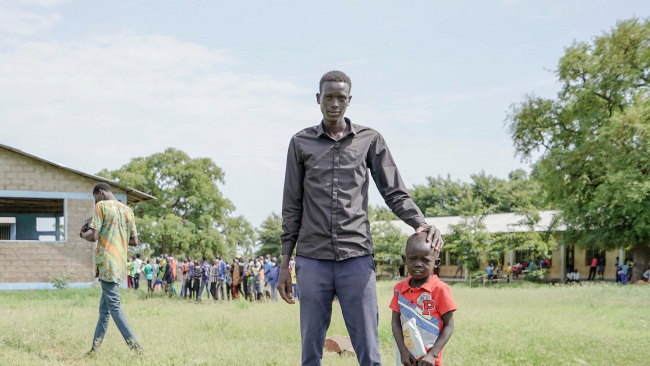Authored by Candyce Billy and Katja Hinz from IIEP-UNESCO with Helen West from Education Development Trust. This article is part of a series of articles on teacher management in refugee settings.
A joint project by IIEP-UNESCO, Education Development Trust and Dubai Cares
In 2018, IIEP-UNESCO and Education Development Trust embarked on a multi-year, multi-country research initiative funded by Dubai Cares aiming to provide research informed policy recommendations for more effective teacher management in refugee settings, supporting UNESCO Member States and other partners in responding to the call set out in the Incheon Declaration & Framework for Action for the Implementation of Sustainable Development Goal 4 ‘to ensure that teachers (…) are empowered, adequately recruited, well-trained, professionally qualified, motivated and supported within well-resourced, efficient and effectively governed systems’ (2015, p.33).
Formulating policy recommendations for teacher management in refugee settings in Eastern Africa
Three country case studies focused on Ethiopia, Kenya and Uganda have been produced. Each country report is accompanied by a policy brief and short film. As the research concludes, this series of articles highlights some key recommendations to enable governments and development partners to move towards fulfilling the Djibouti Declaration Plan of Action on Refugee Education adopted by IGAD in 2017, to ‘[s]trengthen' regional frameworks to promote the inclusion of refugee teachers, and their professional development and certification, in national education systems’ (2017, p.2).
To address teacher management comprehensively, our recommendations have been categorised into three areas: 1) teacher recruitment and deployment, 2) teacher training and professional development; and 3) job conditions, supervision and appraisal and career pathways. We have also put forward recommendations on the crucial systems-level preconditions for effective teacher management in refugee settings.
Including refugees in national education systems
Countries have historically adopted differing approaches towards managing the education of refugees, from integrating refugees in government schools alongside non-refugee children, to setting up parallel systems where refugee education is led by non-government partners. These different degrees of refugee inclusion are rooted in legal structures that go beyond education and frame the inclusion of refugees in national systems. [1] As a result, the inclusion of refugees into the national education system varies significantly from one country to another.
In countries where there is a parallel system, in place, such as in Kenya, progress towards inclusion involves a shift from teacher management by international delivery partners towards stronger government ownership and management of schools. In countries where some progress toward inclusion has been made, such as in Uganda, further advancement may involve creating a more enabling environment for refugees to access teaching qualifications.
Building resilience through multi-sectoral and holistic educational governance
The idea of inclusion is multi-sectoral. We are currently working on the concept of inclusion to ensure we do not have parallel systems in management of refugee education. The aim is to ensure refugee education is integrated into the national education system. (Central level MOE, Kenya)
The majority of refugees is hosted in low- and middle-income countries, often in remote and disadvantaged regions. Consequently, responsibility for providing education to refugee children often falls on host communities whose infrastructures are in most cases already overstretched and poorly equipped. To enable host countries to provide access to quality education for host and refugee children the international community must fulfill the commitments outlined in the Global Compact on Refugees, “to operationalize the principles of burden- and responsibility-sharing to better protect and assist refugees and support host countries and communities.” (2018, p.2). Given this context, recommendations aimed at improving education including teacher management in refugee settings must always take into account the educational needs of both the refugee and host community and strive at fair burden sharing among the international community.
This approach calls for systematic collaboration between governments (at the national and sub-national level) and key stakeholders including, but not limited to, donors, UN agencies, education partners and non-governmental organisations involved in teacher management in refugee settings, bearing in mind that the actors, and their roles and responsibilities may differ across countries. The recommendations should therefore be used as a starting point to start collaborative conversations around achieving durable solutions for refugees.
- Read the other articles in the series on:
- Creating an enabling environment for effective teacher management in refugee settings
- Attracting, recruiting and deploying teachers in refugee settings
- Improving access to and the quality of pre- and in-service teacher professional development in refugee settings
- Supporting teachers in refugee settings: job conditions and career pathways
- Support teachers in displacement situations
In the lead up to the Global Refugee Forum (GRF) 2023, the Task Team on Teachers developed guidance for States and other pledging entities to effectively address the needs of teachers working in contexts of displacement and crisis. The guidance includes 10 key actions that stakeholders can commit to at the upcoming Global Refugee Forum.
[1] Dryden-Peterson, Sarah, et al. (2019). The Purposes of Refugee Education: Policy and Practice of Including Refugees in National Education Systems.” Sociology of Education, vol. 92, no. 4, 2019, pp. 346–66. JSTOR




